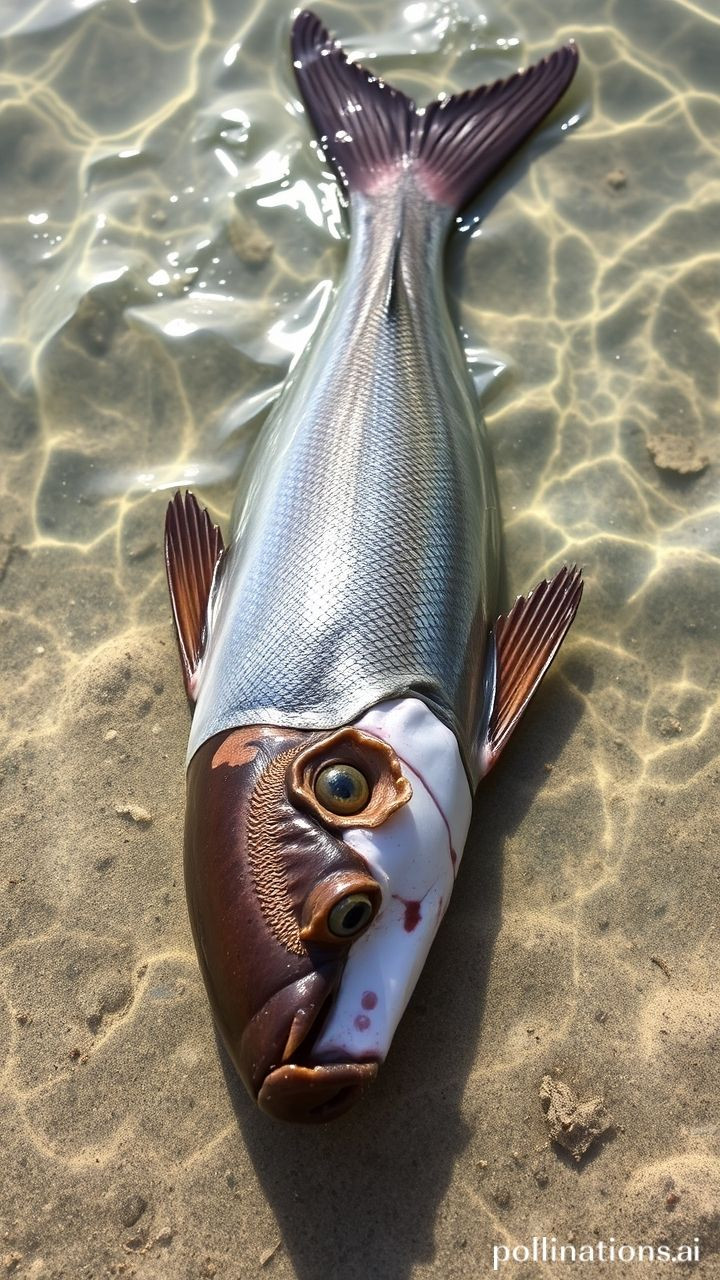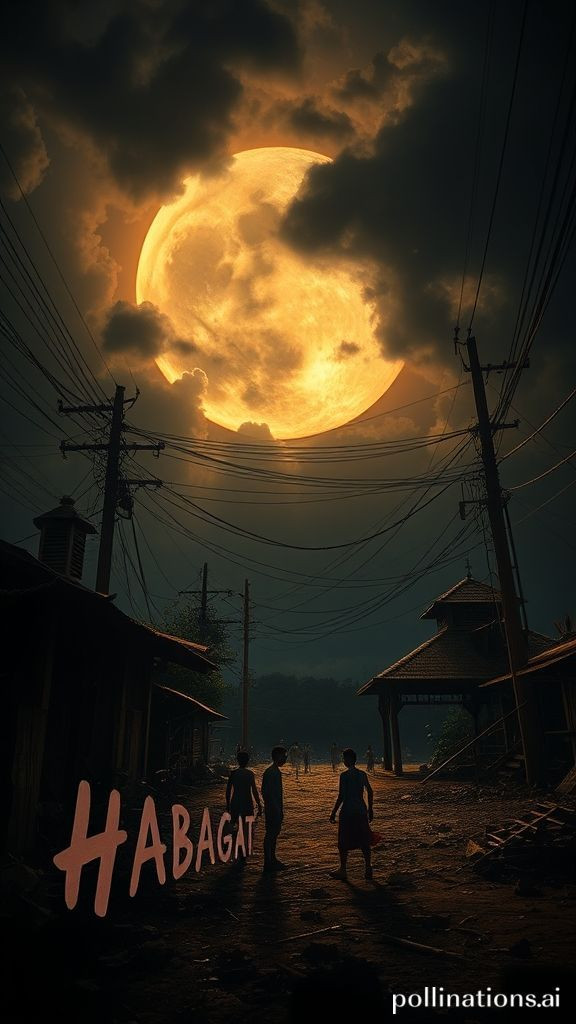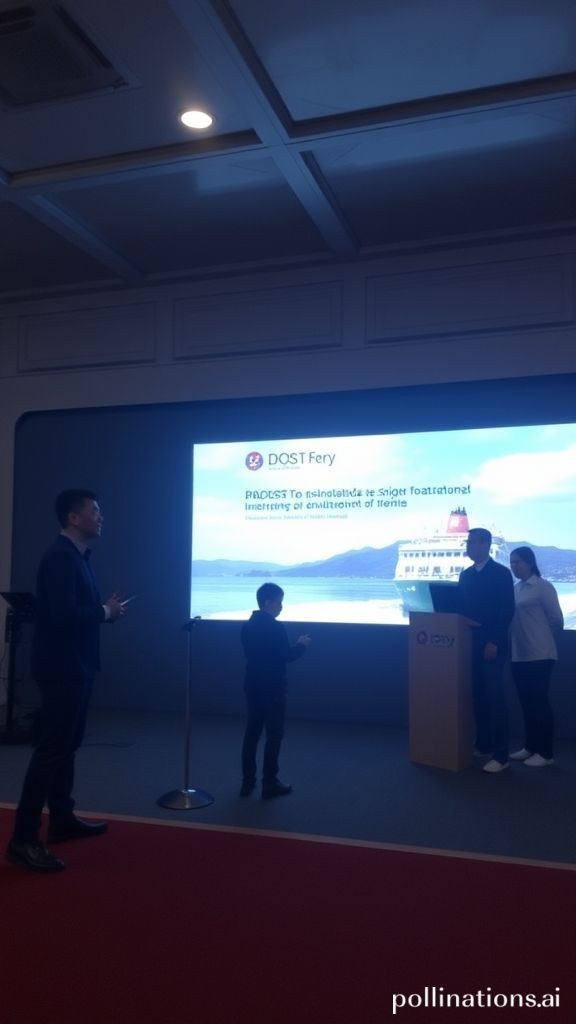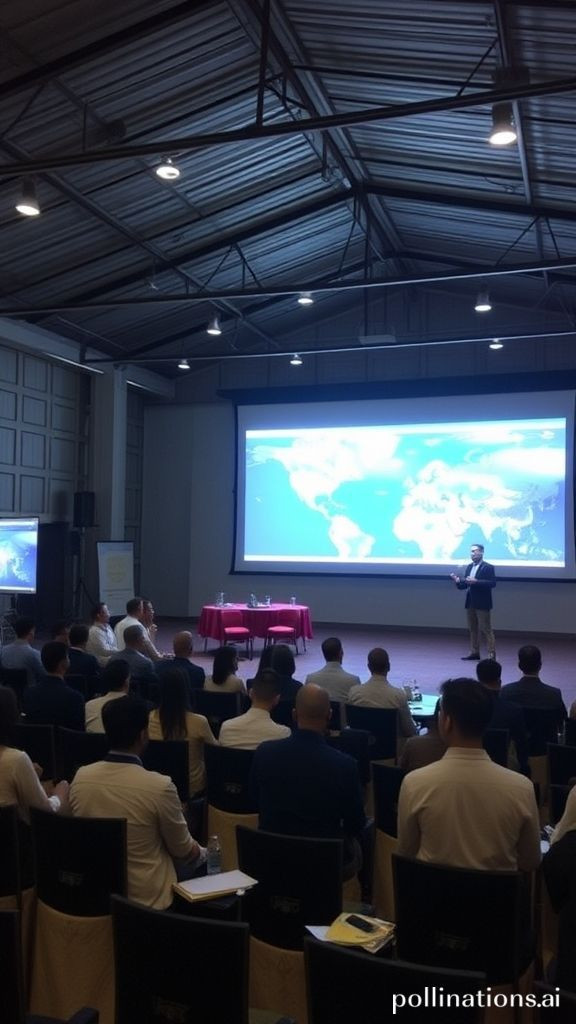
Dead salmon create election stink on Australian island
Dead salmon create election stink on Australian island

The Stinky Truth How Dead Salmon Impacted Australia's Elections
In recent Australian elections, a pressing environmental issue took center stage – literally. The discovery of dead salmon washing up on Tasmanian beaches in February sparked a heated debate about the environmental impact of the state's lucrative salmon farming industry.
A Stinky Situation Unfolds
The finding of rotting salmon chunks on Verona Sands beach prompted concerns about water quality and the welfare of the massive Atlantic salmon stock. While the issue was first reported in February, its significance only gained momentum as election season heated up.
The Bigger Picture Salmon Farming in Tasmania
Tasmania is home to 90% of Australia's Atlantic salmon production, with over 75,000 tonnes produced annually. However, this success has come at a significant environmental cost – concerns about pollution, habitat destruction, and the impact on native species like the endangered Maugean skate.
A Bacterium's Role in the Die-Off
Warm summer temperatures in Tasmania enabled the bacterium Piscirickettsia salmonis to take hold in some of the massive circular pens where Atlantic salmon are farmed. The result was an unprecedented salmon mortality event, with millions of fish succumbing to disease.
Industry Response Clean-Up and Damage Control
The Tasmanian Salmon Industry Association characterized the die-off as a natural vagary and emphasized its commitment to keeping fish healthy. However, critics point to underlying causes such as excessive nitrogen pollution, overstocking, and corrupt governance.
Electoral Fallout A Catalyst for Change?
As election season heated up, concerns about the salmon industry's impact on Tasmania's environment and native species became a major talking point. Some candidates campaigned to halt open-sea salmon farming operations, while others vowed to strengthen environmental regulations.
Predictions of a Sea Change
Environmental activist Bob Brown predicted a record vote against the big parties due to growing public concern about the industry's practices. With the issue expected to remain contentious in 2025 and beyond, it remains to be seen whether this momentum can drive meaningful change for Tasmania's environment and its iconic salmon.
Key Takeaways
The discovery of dead salmon on Tasmanian beaches sparked a heated debate about the environmental impact of the state's salmon farming industry.
Critics point to excessive nitrogen pollution, overstocking, and corrupt governance as underlying causes of the die-off.
Some candidates campaigned to halt open-sea salmon farming operations, while others vowed to strengthen environmental regulations.
The issue is expected to remain contentious in 2025 and beyond, with predictions of a record vote against the big parties.
Next Steps
As the dust settles on this election season, it's clear that the stinky truth about Tasmania's salmon industry will continue to shape public opinion. As policymakers navigate the complexities of environmental regulation and economic development, they must prioritize transparency, accountability, and long-term sustainability.





